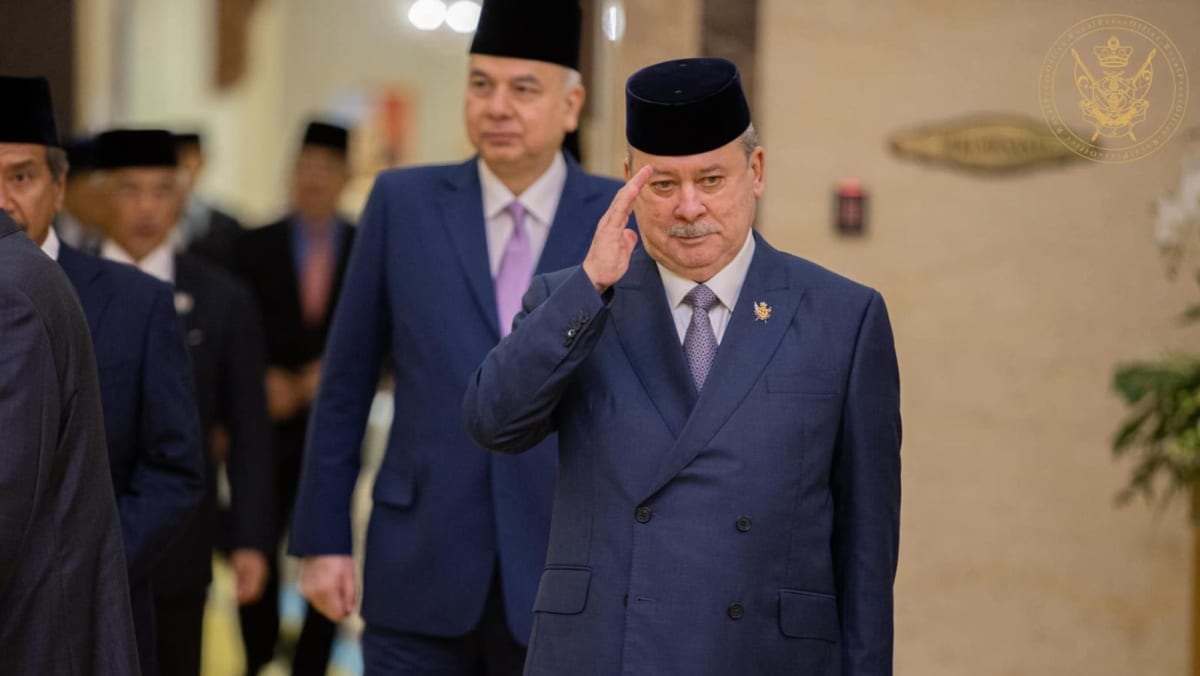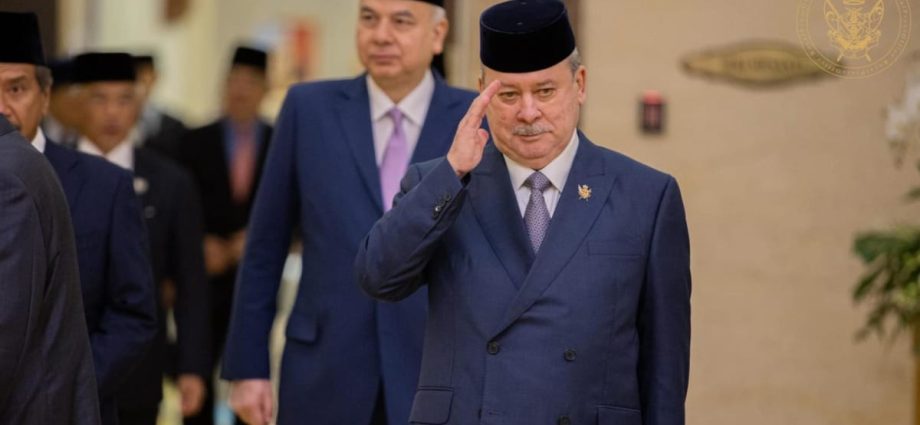
The Westminster system of constitutional monarchy has worked well in Malaysia and it is unlikely to be changed. The king may try to test the limits, but he will be wary also of challenging the established protocols.
After all, any real changes would have to be agreed by the nine sultans collectively and there is a five-year clock.
MORE DIRECT PUBLIC ENGAGEMENTS EXPECTED
What we can expect from the Johor Sultan is more direct public engagements where he will make his views known.
He will likely weigh in on matters such as the people’s welfare and issues related to government service delivery, as well as push for more developments with a Johor connection. For example, he has publicly stated his view on resuming the high-speed rail (HSR) project between Kuala Lumpur and Singapore and expanding relations with Singapore and China.
In line with his call for political stability, we can also expect the new king to tell the political class to use the floor of parliament rather than the palace if they wish to change government.
It’s unlikely the new king will speak on political matters outright. There are palace protocols to follow, and he is fully aware of them.
Malaysia’s unique system of rotational monarchy has worked well since 1957 and no single individual will be able to change its fundamental characteristics. All Malaysians understand the need to keep the institution “above politics”.
James Chin is Professor of Asian Studies at the University of Tasmania and Senior Fellow at the Jeffrey Cheah Institute on Southeast Asia.

